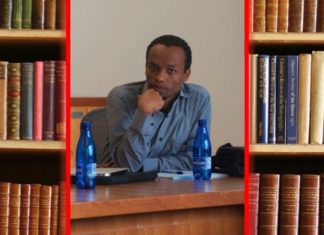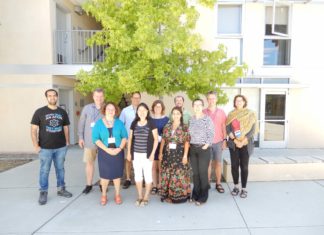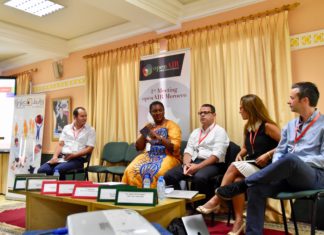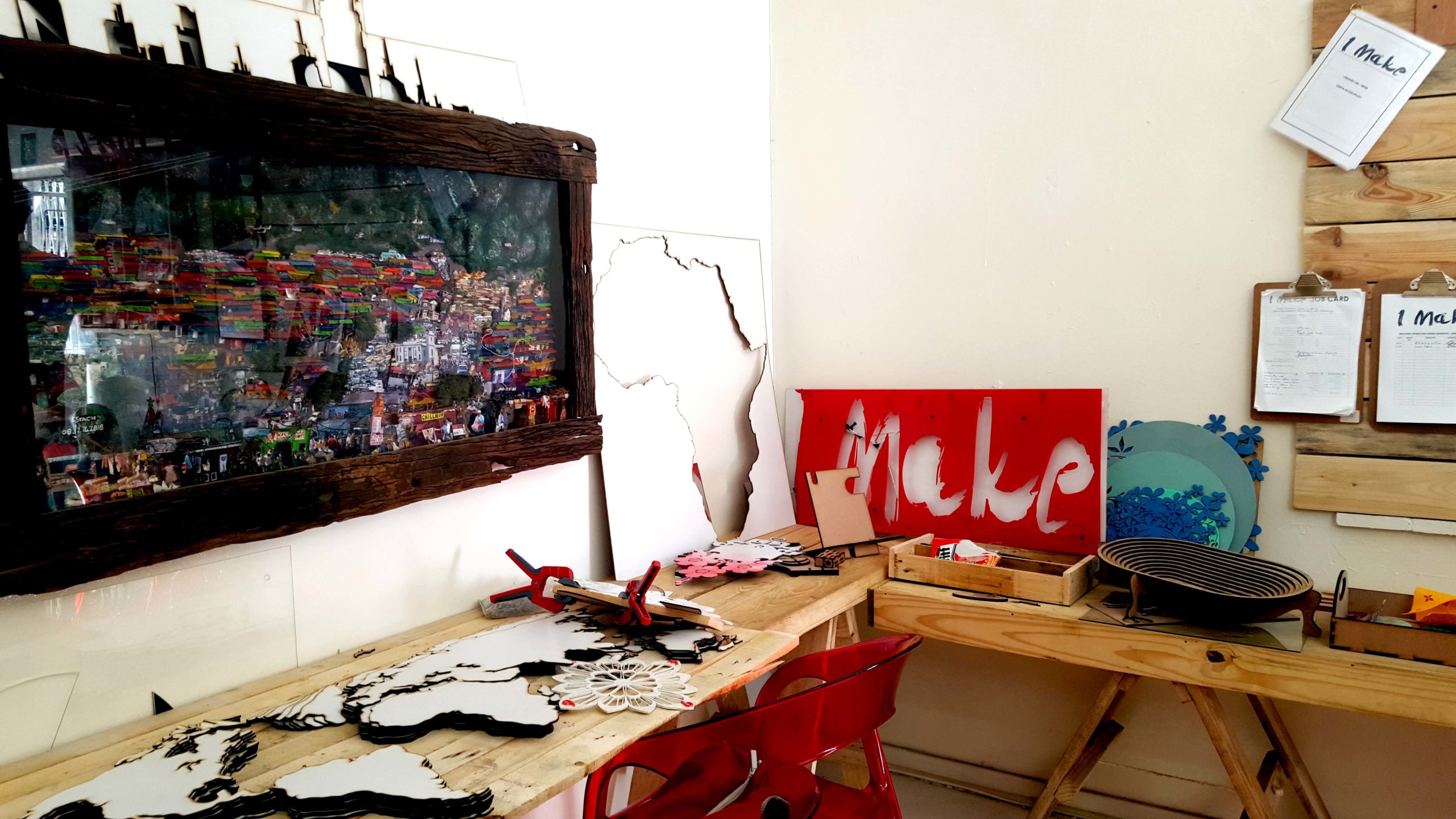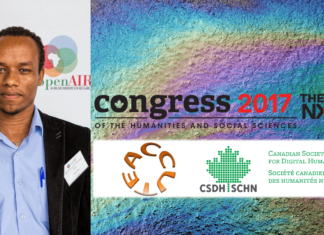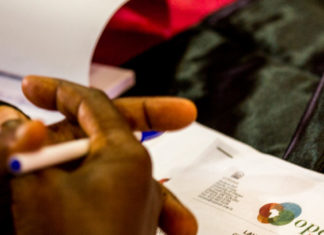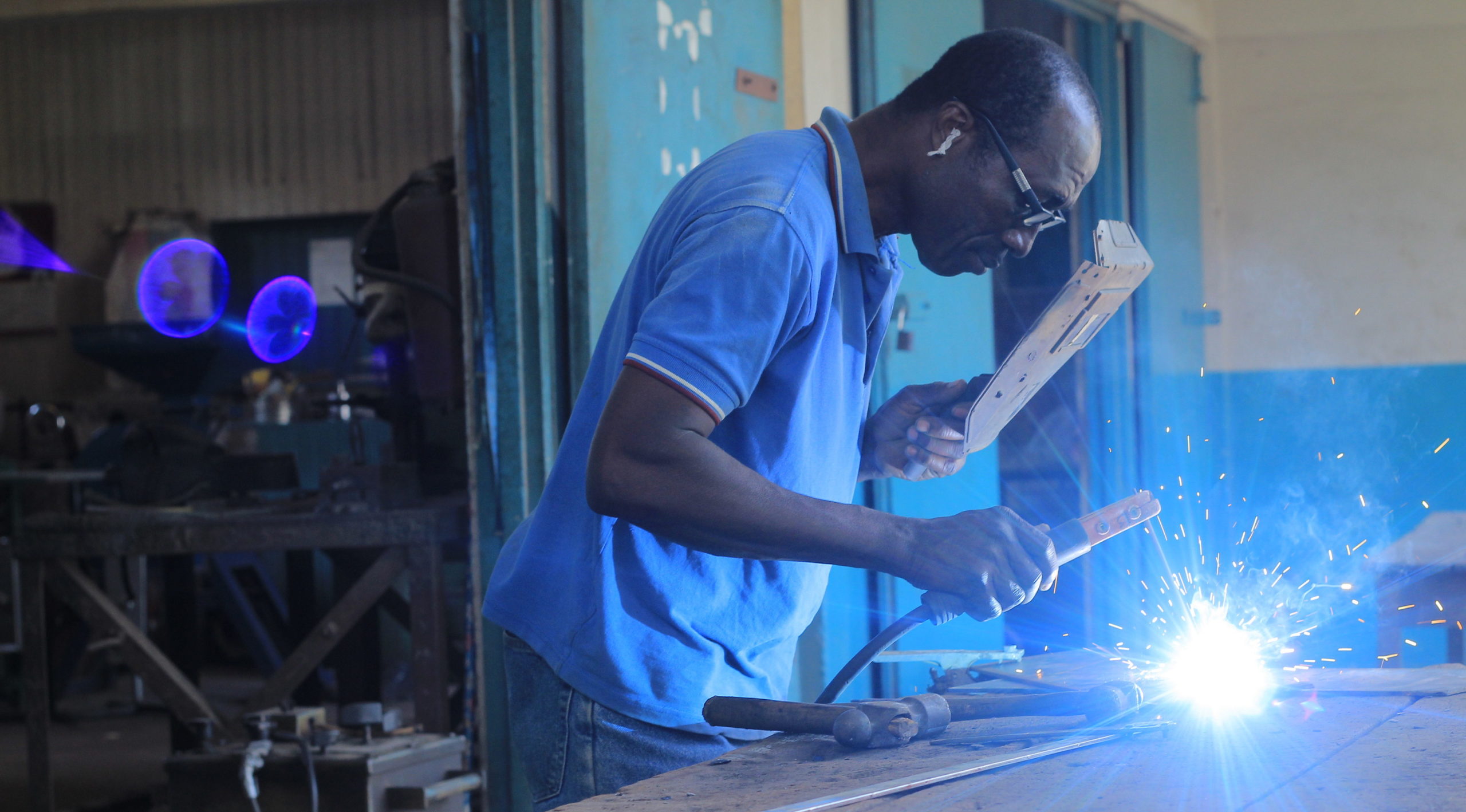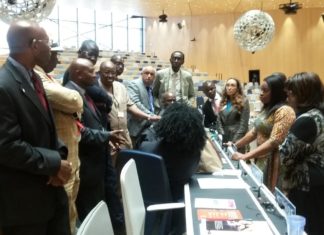Open AIR’s Sileshi Hirko wins competitive grant
Mr. Sileshi Hirko, a PhD candidate in the Common Law Section of the University of Ottawa, has won the Civil Society Scholars Award (CSSA)....
The Many Faces of Scholarly Communications
By Nagham El Houssamy
The FORCE11 Scholarly Communications Institute was held at the University of California San Diego from 31 July until 4 August 2017....
Open AIR Expansion into Morocco
By Sara Yassine
Over the past six months, the Research Laboratory Entrepreneurship and Management of Organizations (LABO-EMO) and Open AIR have been looking at ways...
Africa’s Maker Movement: An Overview of Ongoing Research
Makerspaces are places where people gather to build projects, learn new technologies, and develop entrepreneurial opportunities. Open AIR is conducting research on makerspaces across the African continent.
Open Data Brings Farmers and Researchers Together
How can farmers and researchers use open data to work together for food security? Open data and other forms of open access to knowledge help facilitate these relationships.
Canada’s 2017 Copyright Review: Reflections on the Congress 2017
By Sileshi Hirko
Introduction
The last week of May 2017 was a week of great academic activity in Canada, Congress 2017. This event is run by...
Apply Now: Funding for Research on Gender and Innovation in Africa
Please note that this call for applications has now expired. Applications are not being accepted at this time.
Funding to conduct research on gender and...
Open AIR NERG presents at Windsor Symposium on Copyright User Rights...
By Uchenna Ugwu
How can “user rights” and exceptions to copyright be used most effectively to ensure access to knowledge for all? This question is...
Strengthening innovation support systems at Ghana’s Suame Magazine
In my previous blog on skills development and innovation at Ghana’s Suame Magazine, I showed how the high level of collaboration and sharing of knowledge and skills within the cluster is contributing to innovation. Further, I provided some preliminary findings on the inability of these artisans’ to keep pace with the changing technology landscape. I also found that few artisans expressed interest in joining or maintaining a membership with local trade associations due to these associations’ inability to implement their key mandate of skills development and facilitation of business for members and firms.
WIPO Special Committee on Genetic Resources, Traditional Knowledge, and Traditional...
The World Intellectual Property Organization’s specialist committee charged with negotiating text-based instrument(s) for the effective protection of Genetic Resources (GRs), Traditional Knowledge (TK), and Traditional Cultural Expressions (TCEs), on Friday June 16 2017 concluded its 34th session with partial agreement on its mandate and on the fate of the committee and its work program.

